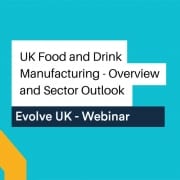Dmac Media – attracting new talent with GradStart
“Tech graduates are highly desirable and form a key part of our growth plans. We had issues competing for that talent and GradStart allowed us to offer a much more attractive package to graduates.”
Dave McEvoy, Sales Director, Dmac Media
Overview:
- Dmac Media is a web design agency offering a full suite of web solutions including web design, eCommerce platforms, content management and digital marketing.
- With offices in Dublin, Sligo and Cork the company used Enterprise Ireland’s GradStart initiative to attract fresh graduate talent and drive business activity.
- The GradStart programme offers salary support of up to 70% for the employment of graduate talent to assist companies when expanding into new markets.
Overview:
- Dmac Media is a web design agency offering a full suite of web solutions including web design, eCommerce platforms, content management and digital marketing.
- With offices in Dublin, Sligo and Cork the company used Enterprise Ireland’s GradStart initiative to attract fresh graduate talent and drive business activity.
- The GradStart programme offers salary support of up to 70% for the employment of graduate talent to assist companies when expanding into new markets.
1. What attracted you to get involved in GradStart?
Tech graduates are highly desirable and form a key part of our growth plans. We had issues competing for that talent and Enterprise Ireland‘s GradStart allowed us to offer a much more attractive package to graduates.
2. What did GradStart allow you to do that you wouldn’t have done otherwise?
Bringing in fresh talent to our business allowed us to focus more heavily on business development as a daily activity rather than a paper based plan.
3. What challenges and/or opportunities did GradStart help you address?
With qualified personnel we had lower training and induction costs this allowed us to keep up in a fast paced sector in a sustainable way. The challenge (as always) was finding the right graduates.
4. Which areas of the business did the graduate contribute to?
Our graduates have broadened both our technical skillset as well as our graphic design and process management skills. The impact was noticeable from day one.
5. How did participating in GradStart impact your business positively?
GradStart gave us a headstart on developing new products which in turn has brought our entry into new markets considerably closer.
6. Were there any learnings from your participation in GradStart that you have taken forward into your business?
We have evolved from a company with very standard and fixed methodologies to one that is now willing to experiment and develop better strategies.
7. Would you recommend GradStart to your business peers? If so, why?
Yes, it gives you time to focus on the business rather than just working in the business.
Learn more about GradStart and how it can support your business growth.



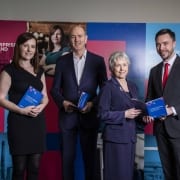
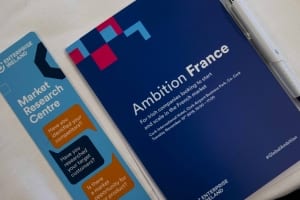




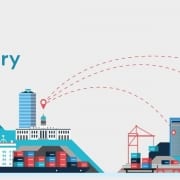


 With strong indications that there was a market for the sensors, particularly in the meat industry, the next step was to do a proof of concept study. In 2013, Evans secured
With strong indications that there was a market for the sensors, particularly in the meat industry, the next step was to do a proof of concept study. In 2013, Evans secured  Evans admits that the pathway to commercialisation wasn’t straightforward.
Evans admits that the pathway to commercialisation wasn’t straightforward. Having taken the early stage research to successful industrial scale production, Comby is well placed to direct the future development of the technology. And he feels he has acquired new skills along the way.
Having taken the early stage research to successful industrial scale production, Comby is well placed to direct the future development of the technology. And he feels he has acquired new skills along the way.

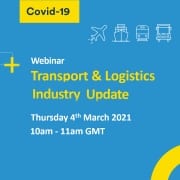
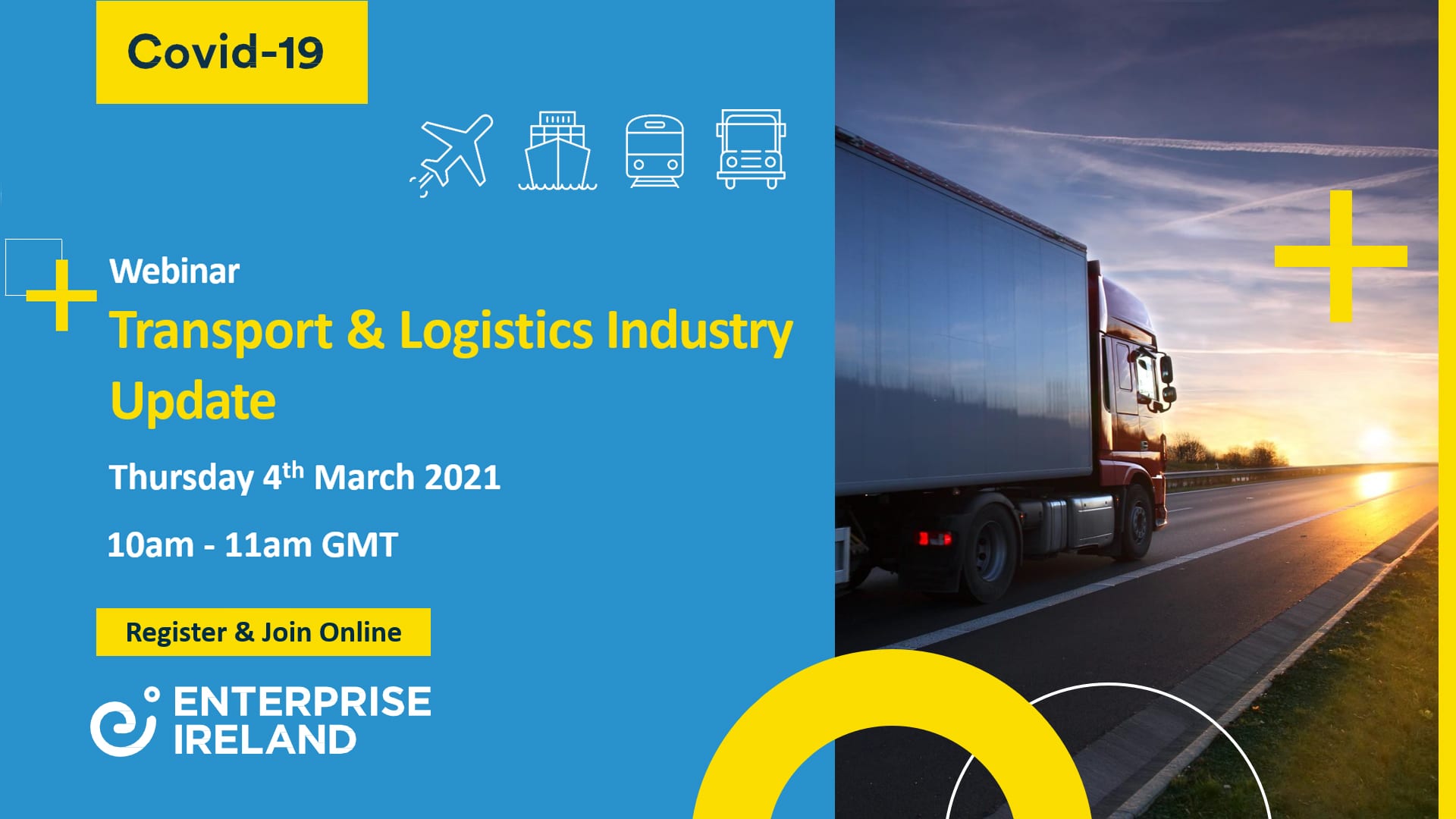

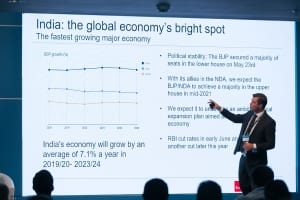
 For Irish businesses looking at these markets, either as part of their supply chain or as end markets, it’s worth keeping an eye on regulatory initiatives in relation to either, he said.
For Irish businesses looking at these markets, either as part of their supply chain or as end markets, it’s worth keeping an eye on regulatory initiatives in relation to either, he said.